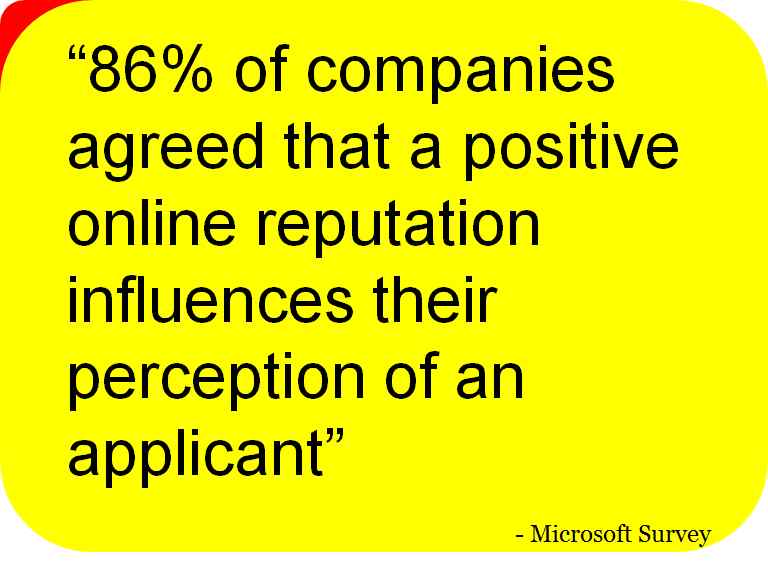
Have you ever wondered what information about you is lurking out there? You should! “But why?” you ask. Well here are some things to consider.
10-15 years ago, before the internet boom happened in India, to get information was a tedious process. To do research even more so. But with the advent of third generation and even fourth generation technology, it is a matter of minutes before you have all the data you need at your fingertips!
During the first hour of a Certified Ethical Hacker course, the participants were given a company name and the name of the CEO. They were then told to find out as much as they could about him using the Internet. Alter fifteen minutes, the thirty-odd students found out where he lived, a picture of his house, his home phone number, daughter`s name and which school she attended, his net worth, what kind of car he drove and some of his interests. This information was all publicly available and this course was conducted before the social media boom. Imagine what else they could have found it we did that exercise today.
Let’s consider another real-world scenario. A staggering 91 per cent of employers in the United States use social media to screen potential candidates and this number is rising in India as well. An estimated 69 per cent of candidates are rejected by something the employer had seen on Twitter, Facebook or LinkedIn.
The top four reasons were:
- Lying about their qualifications
- Posting inappropriate photos and comments
- Negative comments about previous employers
- Demonstrating poor communication skills.
Conversely, 68 per cent of the employers had hired someone because they had seen something on the social networking sites which they liked. The top two reasons there were: Giving a positive impression on their personality; and organizational fit. There are no official statistics tor India, but as we are becoming more westernized, there is no reason we should be that far behind. There is a debate as to whether this practice is an invasion of privacy, but, that will be the idea of another article altogether. Remember, what is on the internet is in the public domain!
So how can you protect your online reputation? First, start with an ego-search on Google. type in your name in the search box and see what shows up. Try viewing your profiles as if you were someone anonymous. To do this, use the “private browsing’ function of your browser. This will give you a good idea of what everyone else sees when they try to view your Facebook or Twitter profiles. Viewing your info anonymously gives you an appreciation of information security, if you use Facebook or other social networking sites. You will want to make sure the profile is a private profile. Facebook is the primary channel for those inappropriate photos, so lock down your security as tight as possible. Make sure no one can tag you in photos or comments without your approval. You may be an innocent bystander in the background of someone else’s debacle, you get tagged and you are now guilty by association.
The last point is for the young people entering the world of work (and this is a pet peeve of mine) and it is that “first impressions count”. Sending a CV to a prospective employer and listing something completely inappropriate as your e-mail address will make sure that your CV is sent straight to the shredder. If you use something like “[email protected]” as your e-mail address, I would strongly urge you to consider creating a new, more appropriate one for the serious correspondences of your life.

Be the first to comment